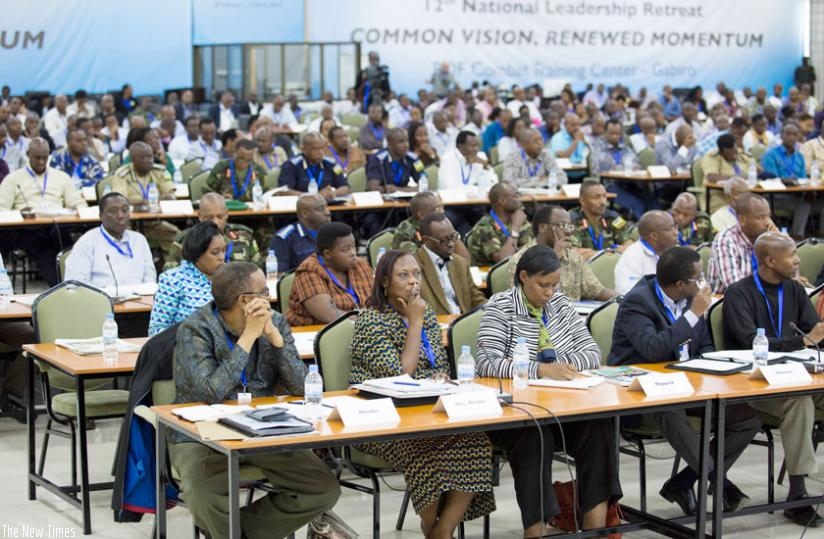Editor, Kirenga and Mwene Kalinda have raised a good question (refer to the letter, “Must we wait for Umwiherero to evaluate government projects?”, published in The New Times, March 6). We surely must not wait for Umwiherero to evaluate projects.


Editor,
Kirenga and Mwene Kalinda have raised a good question (refer to the letter, "Must we wait for Umwiherero to evaluate government projects?”, published in The New Times, March 6).We surely must not wait for Umwiherero to evaluate projects.
Indeed for those who know how projects work, you cannot talk about evaluation without talking about monitoring. Monitoring and evaluation (M&E) are twins. M&E is a process that begins right from the start of project through the project cycle. As someone who has worked in international funded projects, allow me to share my knowledge and experience with your esteemed readers.
When any project is conceived, its life starts that moment. Any project, big or small, is conceived and born to respond to a need or needs. Based on the weight of the need or purpose for which the project is aimed to serve, a systematic process must be followed and this is called the project cycle or phases.
Phase1 involves problem identification, stakeholders’ consultation, baseline study, writing a project proposal/draft. In this phase, the aims and objectives of the project must be clearly stated in a Specific, Measurable, Achievable, Realistic and Time (SMART) manner.
Phase 2 involves resource mobilisation (the budget, Human Resource and time). Once the budget for the whole project is secured, then you need to recruit a project manager as early as possible so that they get involved in the planning of the critical path of the project, how project activities are going to be done as well as reading of the proposal in order to have a clear understanding of the alpha and omega of the project.
Phase 3 involves doing the actual activities on the ground. This is the implementation phase. In this phase, the project manager must keep all stakeholders updated on how the project is progressing. Monitoring and evaluation in this phase is very important because the project manager as well as all other stakeholders in this project must know, whether the project is one time, budget and quality.
What is being monitored? M&E takes place here to monitor how far or near to achieving a given objective. These are normally termed as mile stones or indicators and these must be measurable in terms of (budget, target and quality). When M&E process is not efficient at this stage, the project is likely to take more time, more funds and the quality will be negatively affected.
My response to Kirenga and Mwene Karinda’s question therefore, is that whether it’s a government, private or third sector project, M&E should be considered important in the life of the project and must be done regularly. It is advisable that M&E be done by an independent organisation/person other than the project staff to avoid conflict of interest.
I hope this helps someone somewhere and we will have less or no more of the Gishoma like cases.
Paul Runesha


